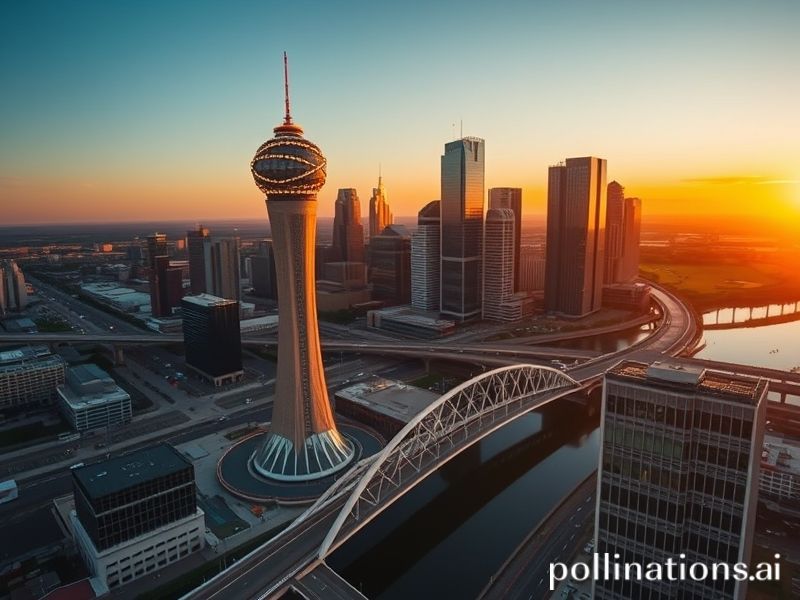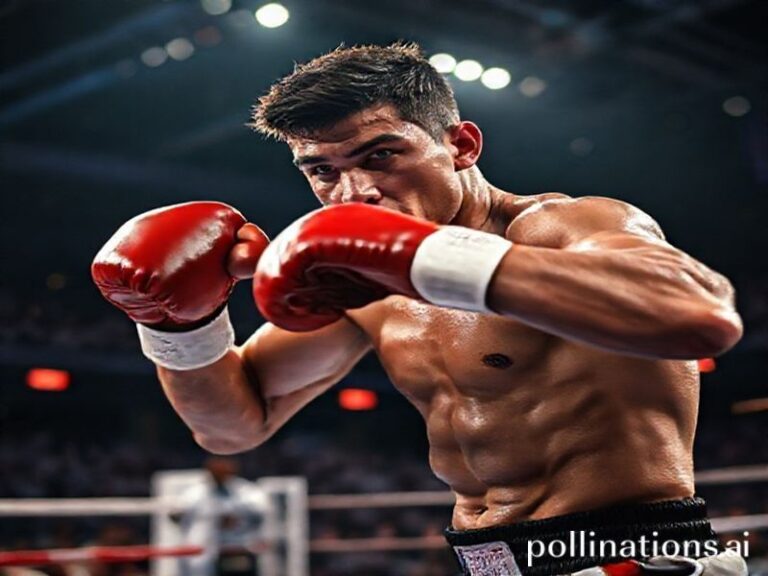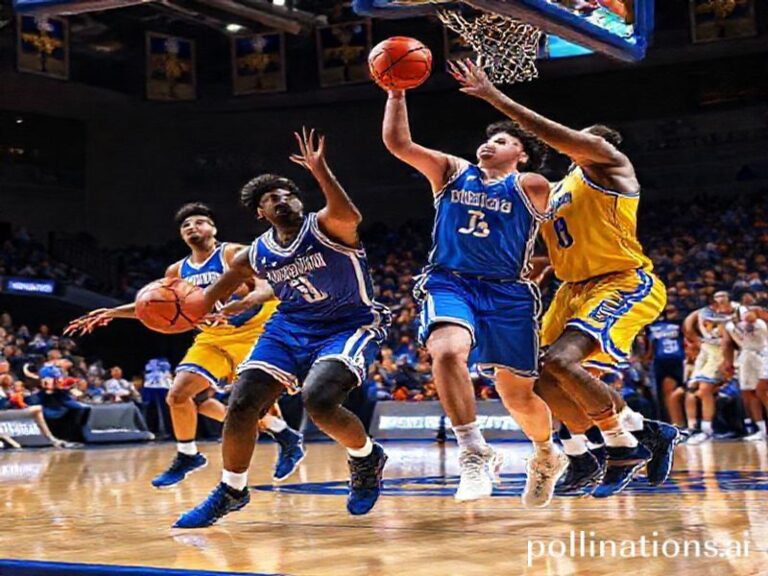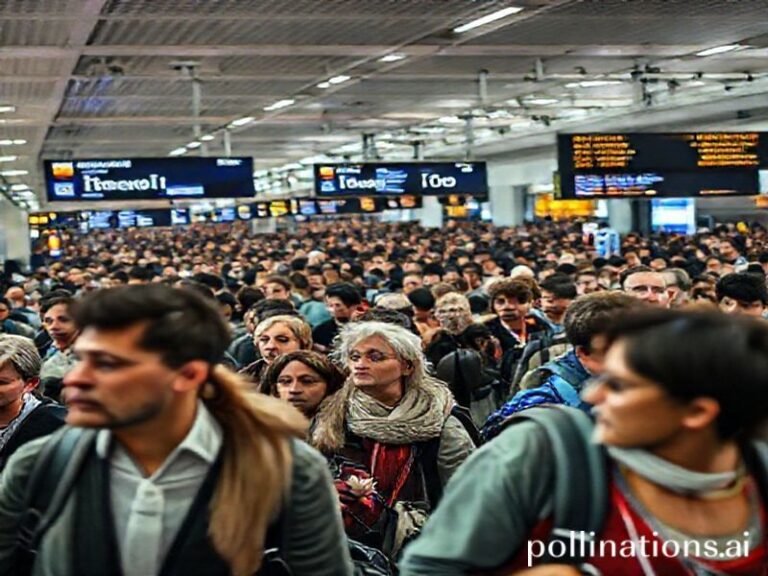Dallas: The Sunburned Capital of Global Ambition and Other Cautionary Tales
DALLAS — City of Perpetual Sunburn and Global Metaphor
By Our Man in the Departure Lounge (still tasting barbecue in his dreams)
Let us begin, dear international reader, with a confession: nobody outside Texas is entirely sure whether Dallas is a city, a television franchise, or a cautionary tale that escaped its cage. From the vantage point of a rain-soaked London pub, a Parisian café where the espresso is stronger than the Wi-Fi, or a Singaporean skyscraper that forgot to install windows that open, Dallas appears less as a dot on the map and more as a trans-national mood swing. The name alone triggers a Pavlovian response: oil men in ten-gallon hats, cheerleaders with MBAs, and the lingering suspicion that somewhere a football is being thrown at a drone for sport.
Globally, Dallas functions as America’s id in a pressed suit. When the Swiss sit down to redesign a watch, they ask, “What would Dallas do?”—then do the opposite, but with the same ruthless ambition. The city’s skyline, a jagged graph of leveraged optimism, is studied in Chinese business schools as a case study in vertical real-estate bravado. Meanwhile, German engineers admire the tollway system with the silent horror reserved for autobahns designed by Texans who’ve read one too many Ayn Rand bedtime stories.
Oil, of course, is the obvious lubricant here, but the slick truth is more complex. Dallas is the place where hydrocarbons go to get an MBA. Decisions made in its mirrored towers ricochet through the futures markets of Dubai, determine whether a village in Nigeria gets a school or a spill, and quietly tweak the thermostat of the planet. One morning a trader sneezes; by afternoon an Indonesian fishing boat is repossessed. It’s globalization with barbecue sauce on its tie.
And yet, for all the swagger, Dallas keeps inventing ways to appear vulnerably human. Consider the JFK memorial, a cenotaph so understated it looks embarrassed to be there, as if the city apologized for 1963 by ordering minimalist furniture. Tourists shuffle through, taking selfies calibrated to crop out the nearby gift shop selling “Grassy Knoll Air Fresheners—Eliminate Conspiracies!” The irony is so thick you could spread it on toast, but the city’s Chamber of Commerce prefers jam.
Internationally, Dallas exports more than crude and Cowboys merch. It exports the myth that reinvention is always profitable. A Syrian refugee opens a shawarma stand in Plano and becomes a TED talk; a Korean pop-up hawking kimchi quesadillas wins a James Beard award; a British journalist writes 800 words about the whole circus, files expenses, and still can’t decide if he’s reporting on a city or a startup that forgot to die. The world watches, half-horrified, half-envious, like villagers observing a neighbor who’s mortgaged his farm to buy a rocket ship.
The weather, naturally, is a co-conspirator. Summers are so hot the sidewalks offer cooking tips; winters so mild the snow feels imported for Instagram. Climate scientists use Dallas as a preview trailer for the planet’s future: endless heat, biblical storms, and a real-estate market that responds by building bigger pools. Europeans mutter about hubris; Texans install ceiling fans on the patio and call it innovation.
Then there’s football—specifically the Cowboys, the team so globally recognizable that a bar in Lagos erupts when they score. The stadium itself is a Roman colosseum rebuilt by Apple: retractable roof, art gallery, and enough screens to broadcast the apocalypse in 4K. Visiting economists calculate the GDP of small nations could fit inside, then realize it already does on game day. Tickets cost more than a transatlantic flight, but at least the flight includes legroom.
So what, in the end, is Dallas? A laboratory for turbo-capitalism? A heat-stroked Atlantis still building taller towers as the waters rise? Or simply the place where the world comes to practice its American accent before the audition? Perhaps all three, plus a side of coleslaw. The city keeps growing, metastasizing into exurbs with names like Prosper and Fate—names that sound less like towns and more like venture-capital stages.
Whatever the verdict, the international consensus is clear: Dallas may be located in Texas, but psychologically it’s orbiting itself at a safe distance. The rest of us are merely in the blast radius, adjusting our ties and hoping the barbecue sauce washes out.







